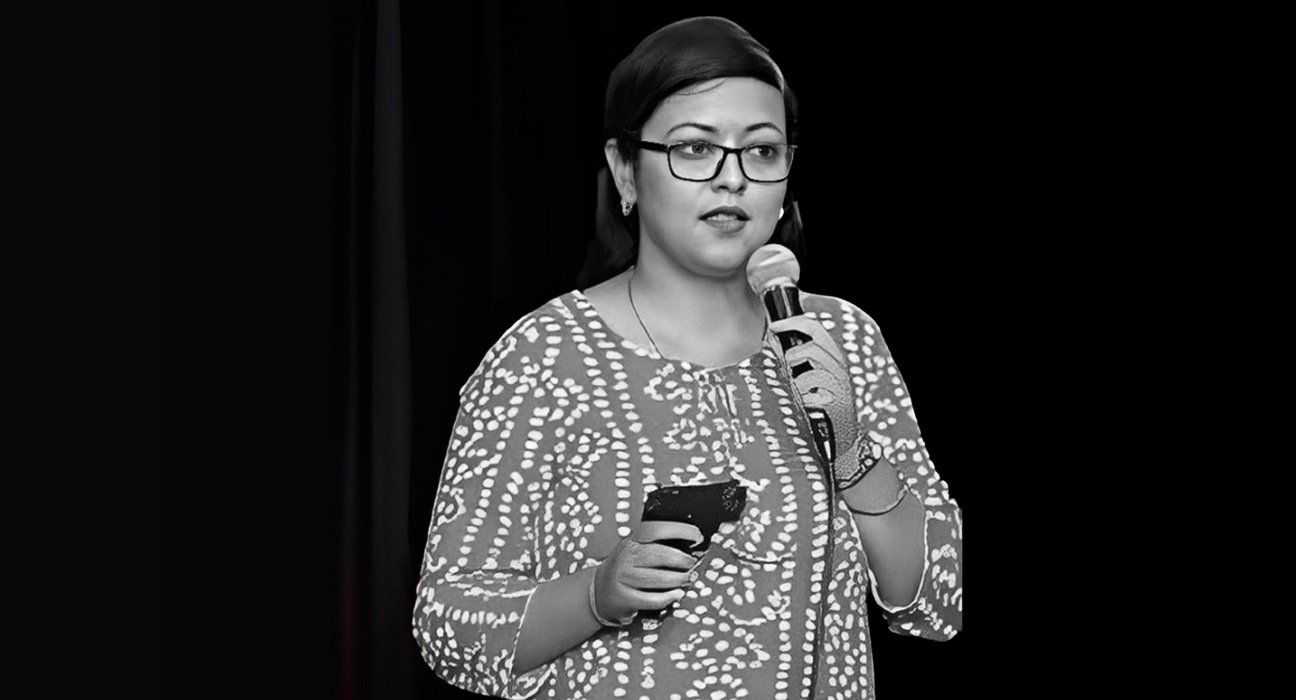As the sixth season of the show India’s Got Latent is currently on air, a fresh controversy has emerged with a joke by the contestant Bunty Banerjee over the tragic rape and murder of a trainee doctor in Kolkata. The backlash from social media as well as the public is very high and debates have been sparked on the content of the show and behavior of the participants.
Banerjee, who introduced herself as a being born and brought up in Bihar, made a statement in her performance which sparked the outrage. She was heard joking about a sensitive case related to the rape and murder of a 22-year-old young trainee doctor who was serving at RG Kar Medical College and Hospital in Kolkata. She commented, “Whenever there’s a tense situation, the Bengali in me sleeps and Bihari wakes up.” It was a reference both to her regional identity and to the notorious case, which spilt into immediate retorts on social media. Many social media users called out Banerjee for trivializing a crime that had sparked outrage across the country and prompted public demands for stronger legal action against justice.
After 3 months for continuously fighting on streets, rallies, hunger strikes, torch rallies, cycle rallies, candle marches. After seeing the crying faces of the victim’s parents, after days and days of fighting and screaming, this “joke” feels very insensitive and demeaning.
— Dr. Anusmita Mukherjee (@anusmita2000) November 19, 2024
I’m… pic.twitter.com/W4FK299W7t
The attempted humour, instead of bringing laughter to the house, ignited ire due to the sensitivity of the subject matter. Already, the case had sparked debates concerning issues such as women’s safety, justice and the failure of law enforcement to address such heinous crimes swiftly. Many felt that Banerjee was disrespecting not only the victim but also her family as well as those who had been waging a battle for justice following the incident.
It’s not the first controversy surrounding India’s Got Latent. Another joke was made around the struggles of Bollywood actress Deepika Padukone with depression. During her performance, the comedian linked Deepika’s mental health battle to her previous breakup and motherhood and received heavy criticism. Fans and mental health advocates condemned the remark because it minimized a serious situation facing many people.
Deepika, who has been vocal about her struggle with depression, had earlier clarified that her illness was not the aftermath of a breakup but a major mental health concern. It has sparked heated discussions about the role that comedy plays in commenting on sensitive issues such as mental health, with many arguing for more sensitivity and respect in how such issues are treated in the media.
The host Samay Raina was also criticized for his seemingly lukewarm reaction to the mental health joke. This incident had already started a much more significant trend discussing how far comedy can go ethically, particularly when things like mental health and tragic events are entertained.
The fallout following Banerjee’s comment on the Kolkata case has set many calls for greater accountability from comedians and producers of the show while handling sensitive topics. While comedy is often seen as a medium for pushing boundaries, there should be limits, particularly when discussing topics that involve trauma, violence or public tragedies.
Despite the backlash, Banerjee defended herself, saying that it was not intended to hurt anyone’s feelings. She just wanted to shed light on the cultural differences she had experienced while growing up. She claimed that the joke was a personal reflection of how her two regional identities – Bengali and Bihari – influenced her reactions in different situations. However, the explanation did little to calm the growing anger on social media.
The entire issue questions the very concept of comedy in public discourse. While comedy has always been a medium of satire and social commentary, the attention on jokes on sensitive topics such as crime, mental health and violence recently has stirred the debate on how far the boundaries of humour may extend. Many argue that comedy should challenge societal norms while taking into account the dignity and respect of individuals who have faced real-life tragedies.
